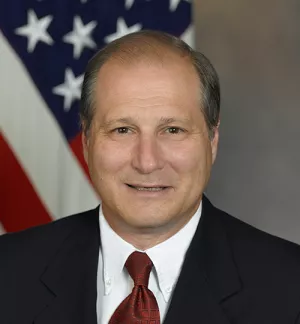Summary
Iran's acquisition of a nuclear bomb would upend the Middle East. It is unclear how a nuclear-armed Iran would weigh the costs, benefits, and risks of brinkmanship, meaning that it could be difficult to deter Tehran from attacking the United States' interests or partners in the region.
What to do about Iran's nuclear program is one of the most vexing foreign policy challenges confronting the Obama administration. This debate is increasingly characterized both by growing pessimism about whether the international community's diplomatic efforts and economic sanctions can prevent Iran from acquiring nuclear weapons and by guarded optimism that the consequences a nuclear-armed Iran are manageable. Writing in these pages last spring, James Lindsay and Ray Takeyh, both of the Council on Foreign Relations, maintained that the United States could contain Iran even if it developed a nuclear arsenal by establishing clear "redlines" that Tehran would not be allowed to cross without risking some type of retaliation. For example, if Iran used its nuclear weapons, transferred them to a third party, invaded its neighbors, or increased its support for terrorist groups such as Hamas and Hezbollah, the United States would be compelled to respond, although the measures it chose to adopt would not be specified in advance. This argument reflects the public position of many senior U.S. and European officials, as well as a number of prominent academics and defense intellectuals.
Continue reading (log in required): http://www.foreignaffairs.com/articles/67162/eric-s-edelman-andrew-f-krepinevich-jr-and-evan-braden-montgomer/the-dangers-of-a-nuclear-iran
Edelman, Eric, Andrew F. Krepinevich and Evan Braden Montgomery. “The Dangers of A Nuclear Iran: The Limits of Containment.” Foreign Affairs, January/February 2011
The full text of this publication is available via Foreign Affairs.





